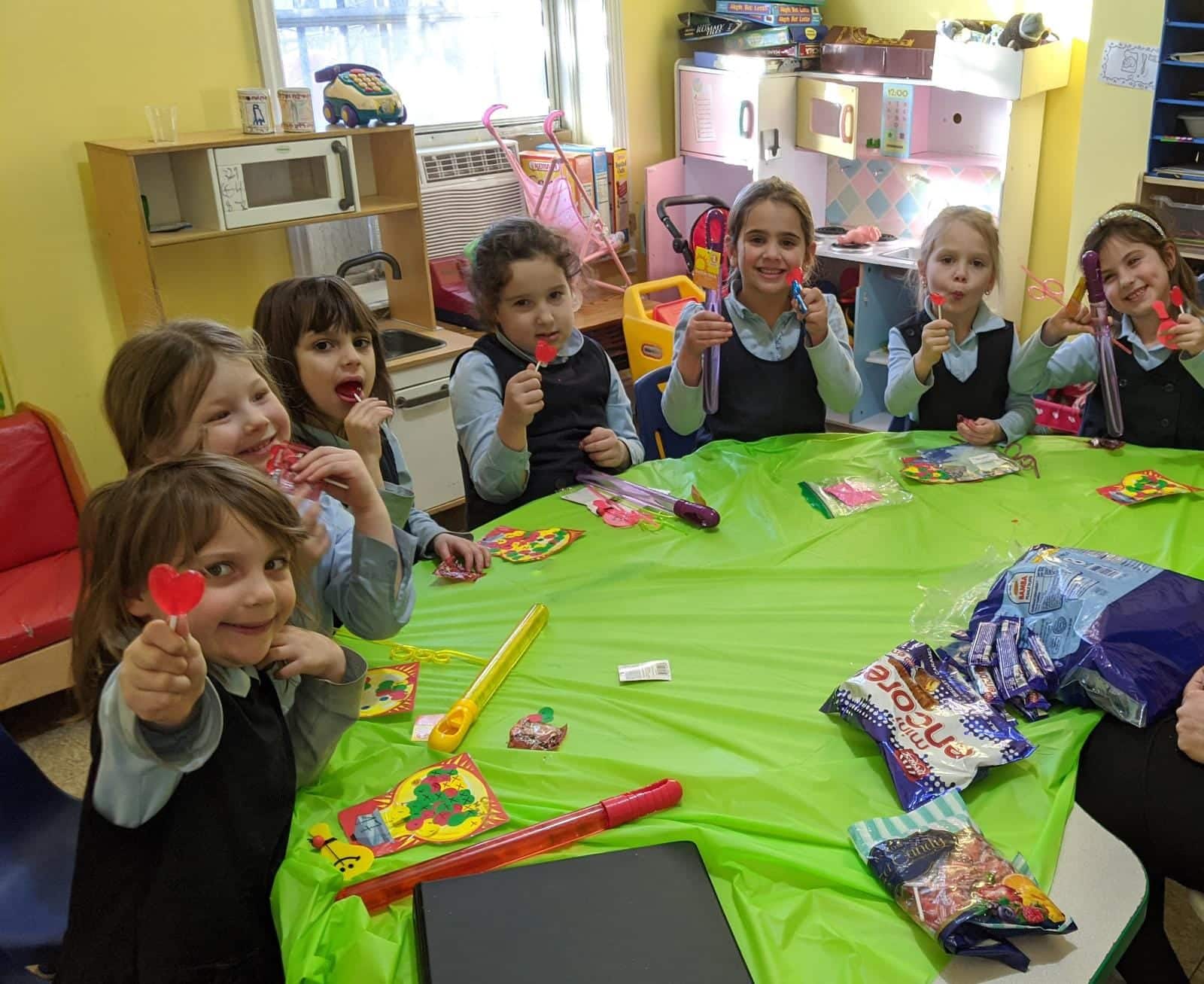
As we prepare once again for Kabalos HaTorah, it struck me that the first Talmud Torah was actually at Har Sinai and our first teacher was Moshe Rabbeinu. For the most perfect methods in Chinuch, we don’t need to look further than our Ten Commandments, the foundation of the entire Torah. To all parents and mechanchim, I present a synopsis of the lessons we can draw from the Aseres Hadibros.
1. Anochi Hashem: The first lesson we need to teach children is that everything is Hashem, “ein od milvado.” Teaching emunah is our primary goal. From the word Elokecha, which is in lashon yachid, we see that the way to teach this and every lesson, is to talk to each child as an individual and teach him at his own pace.
2. Lo yihiye l’cha…: We have to be very careful not to allow outside influences to permeate our mesorah, even if it’s simply as a compromise. We can’t appease others by watering down our Chinuch. “Emes” and “compromises” are opposites. Once it is no longer pure truth, it is no longer truth. From here we see that we have to be careful with the teachers we choose for our children; they must have pure hashkafos.
3. Lo sisa: The commandment not to use Hashem’s name carelessly is a reminder to teach children to be sensitive to kedusha. Davening should be done with awe and recognition before Whom we stand. When children are taught the kedusha of their tefillos, they will always value the opportunity to talk to the Eibeshter. Teachers, from their end, always have to be careful to do their job in a way that makes a Kiddush Hashem.
4. Zachor (v’shamor) es yom haShabbos l’kadsho: Shabbos asks us to stop all trivial pursuits and focus on this day, on what truly matters: our connection with Hashem. In order to fully grasp something’s importance, we need to stop everything else we are doing and think about it. The Rebbe says in Hayom Yom that a parent should stop for 30 minutes every day to think about the Chinuch of each child. Only once we recognize that their Chinuch deserves some of our undivided attention, can we hope to address the issue with the respect it deserves.
5. Kabaid es avicha v’es imecha: In order for a child to have respect for his father and mother, the school has to show the children that they respect the students’ parents. On the same note, parents must show their children that they respect their teachers and principals. If respect is lacking, on either side, it impacts the child – and he may end up respecting neither. A child who grows up looking up to his parents – and to his heritage, has a stronger identity as a Jew.
6. Lo sirtzach: Do not destroy a child. Teachers have tremendous power to do good – and to harm. A negative word, a label, an insult or a cynical laugh can kill a child emotionally. In contrast, a positive word or gesture can build a child and help them realize that they are capable of great things.
7. Lo sinaf: We need to teach children tznius in a very positive way. If our daughters truly feel special and realize that they are bnos melochim, they will recognize that tznius protects them. When taught properly, the child will be proud to dress tzniusdik, like a princess who’s proud to wear her crown – even if no one else is wearing one. When not taught correctly… the lessons won’t last. It’s important that the rules shouldn’t just be enforced ruthlessly, but should rather be explained in a way that instills great love and appreciation for this mitzvah.
8. Lo signov: Don’t rob the child from his owner, Hashem. Hashem entrusted us with the care of His Children and we have an obligation to keep their nefesh pure, not chas v’shalom sully it with foreign or personal interests that will stunt their growth. Another lesson here: the opposite of lo signov is to give to others, Avraham Avinu’s midah of chesed. Kids need to be taught the joy of giving – by example. Once the child experiences how good it feels to give, they will surely never be tempted to steal.
9. Lo sa’aneh b’ra’echa: Be positive and truthful when writing a report (whether it’s about a child’s behavior or academics). You might think that exaggerating the negative will bring your point across better, or get the services that you want for him, but while we do have an obligation to help the children, it can’t be at the expense of the truth. A negative report can make a child feel bad about himself, and hearing an exaggeration can make a child lose trust.
10. Lo sachmod: If we want our children not to envy others, we must teach them to be proud of themselves and realize that Hashem gave each individual many unique qualities and gifts. This is a message to parents, too, not to compare their children to other kids and to take the time to recognize what a special gift Hashem has given them.
שנזכה לקבלת התורה בשמחה ובפנימיות!
Mrs. Leah Levin is the founder and principal of Ateres Chaya school for girls in Crown Heights. Her approach to Chinuch is infused with positivity and love for the children, and, in turn, infusing them with a love for Torah and Yiddishkeit. Mrs. Levin also trains teachers and consults widely on how to teach Kriah.




